Final evaluation of a project to contrast educational poverty in Albania
Title Actions to combat material and educational poverty and psychological support as consequences of emergencies in Albania in schools and community centers
Location Tirana, Lezha, Thumane, Albania
Duration December 2021- November 2022
Partners Sanità di Frontiera
Funding Fondo di Beneficienza Intesa San Paolo
Context
In the cities of Tirana, Lezha and Thumane, the COVID-19 pandemic has aggravated the situation of a population already severely tested by the 2019 earthquake. The project therefore aims to support families in a situation of social and material vulnerability combined with post-traumatic stress.
The project lasted 12 months and intervened among children between aged 6 to 14 years old, living in the marginalised areas and enrolled in the Thumane and Ishull Leza schools and 4 community centres in the municipality of Tirana.
The organisation proposed customised support as the preferred approach in order to act on the multidimensional well-being of the beneficiaries, that is, to work simultaneously on a series of dimensions of well-being such as the educational, psycho-social, and psycho-motor spheres, alternating with activities aimed at contrasting educational poverty.
General Objective
The project aims to strengthen the role of the schools in order to counter the phenomenon of educational poverty.
The main purpose of the final impact evaluation was to measure what was achieved at the end of the 12-month project in order to assess its effectiveness, impact and sustainability.
Our contribution
In order to estimate the impact on the beneficiaries, the evaluation strategy included a propensity score matching analysis through which it was possible to study the evolution of the individual condition of the participants in relation to the treatment they underwent: high, medium and low intensity treatment.
The group identified as treated at low intensity also represents the control group of the study so that the change triggered by the project on the beneficiaries treated at medium and high intensity could be measured without external and contextual factors.
In addition, qualitative methods were used for the evaluation to collect primary qualitative data by actively involving the main stakeholders. The qualitative information for the evaluation was collected through field activities by means of individual and collective interviews with project staff and school leaders.
The participatory approach to data collection and analysis allowed to involve the project staff which helped in identifying the strengths and weaknesses of the intervention and the main challenges in order to draw lessons learnt that will allow future interventions to be improved.
Cover photo by Dario Fatello
Read more on our M&E and Impact Evaluation Unit
Related Projects
-

Monitoring Information System for project WATDEV on water management and sustainable development in East Africa
-

Research on knowledge, attitude, social norms and practice on reproductive health rights and gender-based violence in Narok county, in Kenya
-

Evaluation of the project that promotes food security and climate resilience in Mozambique
-
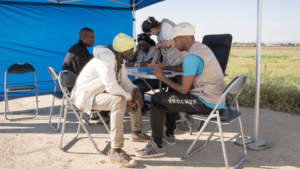
Evaluation of the project strengthening migrants’ right to health in Italy, Greece and Malta
-
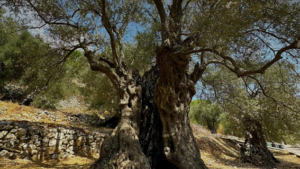
Final evaluation of the project that strengthens olive farmers’ resilience in Southern Lebanon
-
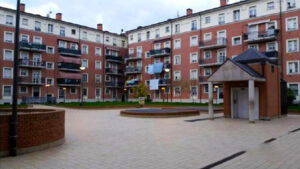
Social impact assessment of the Rapporti Corti project for socio-educational inclusion in the Navile district of Bologna
-

Evaluation of the Naseej project to stop gender-based violence in Iraq, Yemen, and Palestine
-
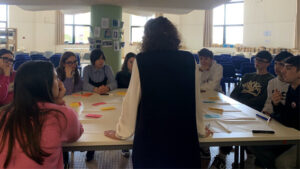
Evaluation of the project that promotes youth employment in Italy
-
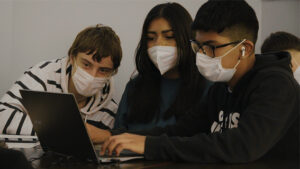
Final evaluation of the ‘5G Smart School’ project for innovative teaching in Italian schools
-
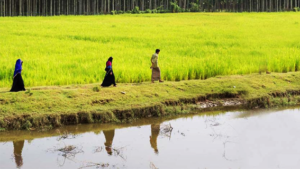
Evaluation of the project that fosters mainstreaming migration into international cooperation and development policies
-

Final evaluation of a project to contrast educational poverty in Albania
-
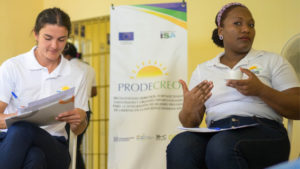
Evaluation of the project PRODECREO to promote the rights and socio-occupational reintegration of women deprived of their liberty in the Dominican Republic
-
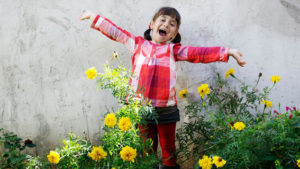
Final evaluation of the SOS Children’s Villages family strengthening project in Bosnia and Croatia
-

Evaluation of the project for the motor rehabilitation of oncological children in Turin
-
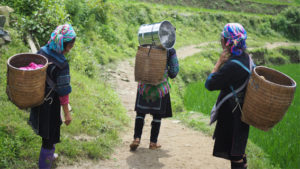
Evaluation of the project that aims to improve the health of the most vulnerable in Myanmar
-
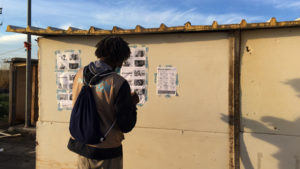
Final evaluation of the project that fosters proximity social-health services in the informal settlements of the Province of Foggia
-

Food Wave, Monitoring the project that promotes sustainable food consumption among young Europeans
-

Spazio Donna, evaluation of the projects to foster women empowerment and contrast gender-based violence
-

Evaluation of the projects “M’Interesso di Te” that tackle unaccompanied foreign minors’ integration
-
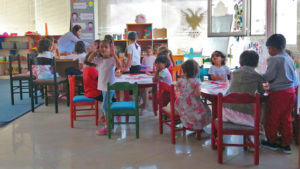
Evaluation of psycho-socio-sanitary interventions in response to the COVID-19 pandemic and the earthquake in Albania
-
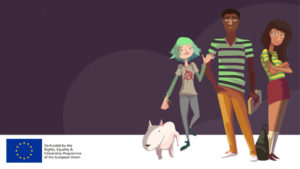
Final evaluation of the Youth For Love project to raise young people’s awareness of gender-based violence
-
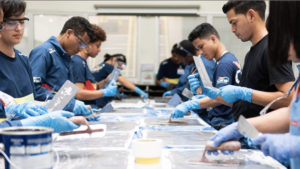
Multi-country mid-term evaluation of the YouthCan! programme, promoting the employability of vulnerable young people
-

Final evaluation of WEGO2 to support women economic empowerment contrasting intimate partner violence
-
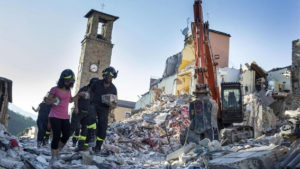
Action Research for the project Do.N.N.E against gender-based violence in Central Italy
-

Evaluation of the project “Mentors for Resilience” to contrast educational poverty
-
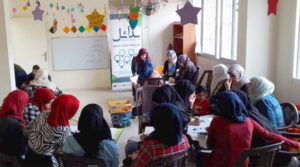
Outcome Harvesting of the project that aims to promote stability and social enterprise in Lebanon
-
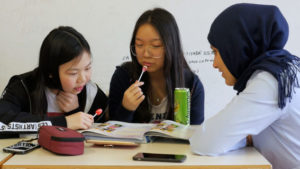
Annual evaluation and SROI of the programme “Nessuno Escluso” to contrast social exclusion and educational poverty in Tuscany
-
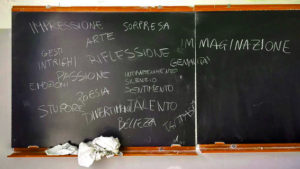
Evaluation of the project “Dreams and Needs” to contrast educational poverty in Italy
-
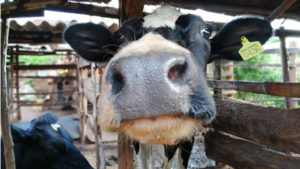
Mid-term evaluation of the project MilKy for the development of a sustainable dairy supply chain in Kenya
-

Final evaluation of Pe.R.Co.rrere: resilience of communities in Center Italy
-

Evaluation of the promotion campaign for Piave DOP cheese in Austria, Germany and Italy
-
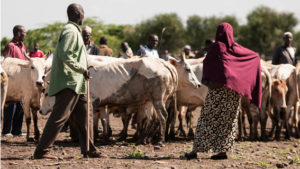
Mid-term & final evaluation of a project to strengthen resilience to climate shocks in Kenya
-
Evaluation of the promotion campaign for Italian specialities in Japan
-
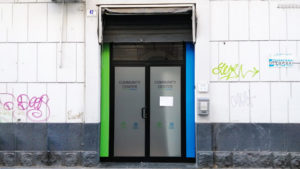
Community center, final evaluation of the social inclusion project
-
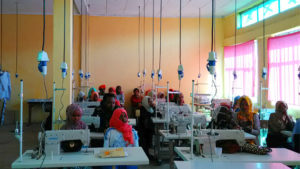
Mid-term evaluation of the project to contrast irregular migration in Ethiopia
-
Mid-term evaluation of the project for the conservation of Protected Areas in Albania
-

Social Impact Assessment of children’s protection programmes in Kyrgyzstan
-
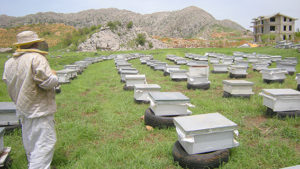
Monitoring&Evaluation of reintegration services for drug addicts and ex-addicts in Lebanon
-
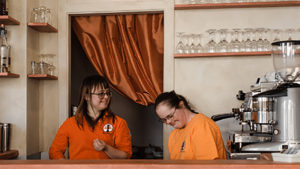
SROI Analysis, Albergo Etico social performance
-
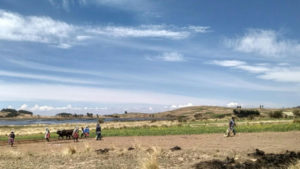
ECO.COM: strengthening local economic development in Bolivia
-

Improving the sustainability in the cherry supply chain in Bulgaria and Turkey
-
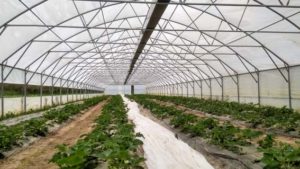
Evaluating sustainable agricultural supply chains in Bosnia Herzegovina and Albania
-
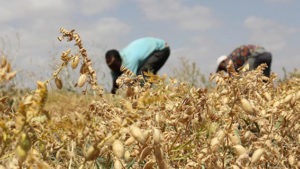
Impact evaluation of the creation of a durum wheat supply chain in Ethiopia
-
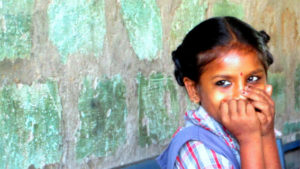
Impact evaluation of a Rehabilitation programme in India